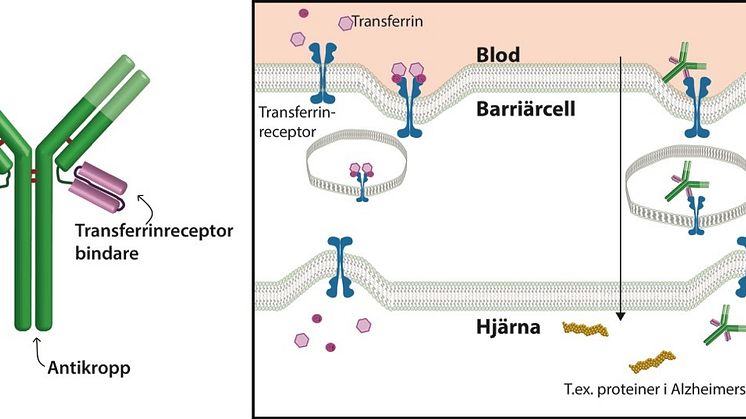Effects of genes often influenced by network
When many genes regulate a single trait, they commonly work together in large clusters or ‘networks’. Taking this into account allows better predictions of how an individual’s genetic make-up affects the trait concerned. The risk of perceiving the importance of an individual gene incorrectly is also reduced.
